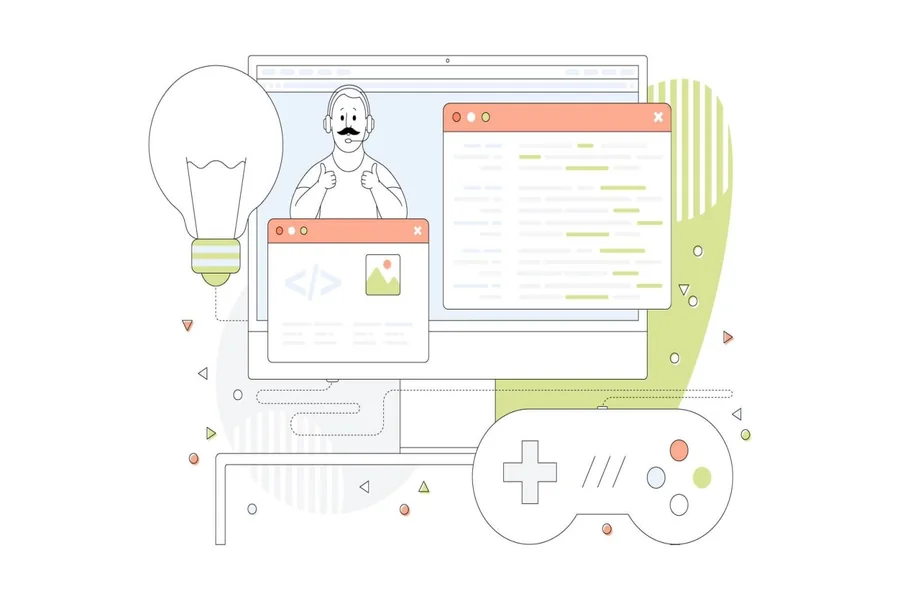If you’ve ever wanted to become a better coder while building something fun and interactive, game projects are a fantastic way to learn JavaScript. Instead of dry exercises, games allow you to apply coding concepts in real time, boosting your understanding and making learning enjoyable.
1. Why Games Are Ideal for Learning JavaScript
Games provide instant feedback, visual results, and natural challenges—all ingredients for effective learning. They also require you to use a wide range of JavaScript concepts, from variables and functions to objects, arrays, loops, events, and more. Best of all, you get a playable reward at the end.
2. Start Simple: Build a Clicker Game
Clicker or incremental games are perfect for beginners. They require basic DOM manipulation, event handling, and simple math. For example, you can create a cookie clicker-style game that tracks score, upgrades, and rewards using HTML buttons, JavaScript event listeners, and dynamic updates to the DOM.
3. Move to Canvas: Build a Platformer or Arcade Game
Once you’re comfortable with basic scripting, try using the HTML <canvas> element to create something more visual—like a platformer or shooting game. Use canvas.getContext(“2d”) to draw shapes and images, and update positions in a game loop using requestAnimationFrame().
4. Apply Object-Oriented Programming (OOP)
Games are a great way to learn OOP in JavaScript. Create classes for players, enemies, bullets, or game scenes. This approach helps organize your code and introduces powerful programming paradigms you’ll use in larger projects.
5. Experiment with Game Physics
Add collision detection, gravity, and friction to simulate real-world mechanics. Implement basic physics equations and observe their effects instantly. You’ll deepen your understanding of logic and math in programming.
6. Learn Timing and Animation
Games like BDG Game rely heavily on timing—both for animations and game loops. Use setTimeout(), setInterval(), and requestAnimationFrame() to learn how asynchronous operations and frame rendering work.
7. Use Local Storage
Persist game data like high scores or level progress with localStorage. This teaches you how to store and retrieve data on the client side and introduces the concept of state persistence.
8. Incorporate Sound and Visual Feedback
Enhance your project with sound effects and animations using JavaScript. You’ll learn how to play audio files, trigger effects on events, and fine-tune your UX skills.
9. Debugging Through Gameplay
Games make debugging more interactive. If a character isn’t jumping or a bullet isn’t firing, you’ll trace the logic, log variables, and identify flaws—strengthening your problem-solving ability.
10. Share and Showcase Your Work
Publishing your JavaScript games on GitHub Pages or platforms like Itch.io helps you build a portfolio and receive feedback from real users. This process also teaches version control and basic deployment practices.
Conclusion
Learning JavaScript through game development is more than just fun—it’s practical, motivating, and educational. Every game you create sharpens your coding logic, teaches you new tools, and gives you a tangible result to be proud of. So grab your code editor and turn your learning journey into a high-score challenge!
Level up your coding skills by learning JavaScript through exciting game projects! This hands-on approach transforms complex programming concepts into fun, interactive experiences. By building games like memory puzzles, platformers, or simple RPGs, you’ll master variables, loops, functions, and DOM manipulation in real time. Game development not only strengthens your problem-solving abilities but also keeps you motivated with visible, playable results. Whether you’re a beginner or looking to enhance your skills, creating games is an engaging way to solidify JavaScript knowledge. Start coding with purpose and creativity—turn your learning journey into a game and watch your skills level up fast!



